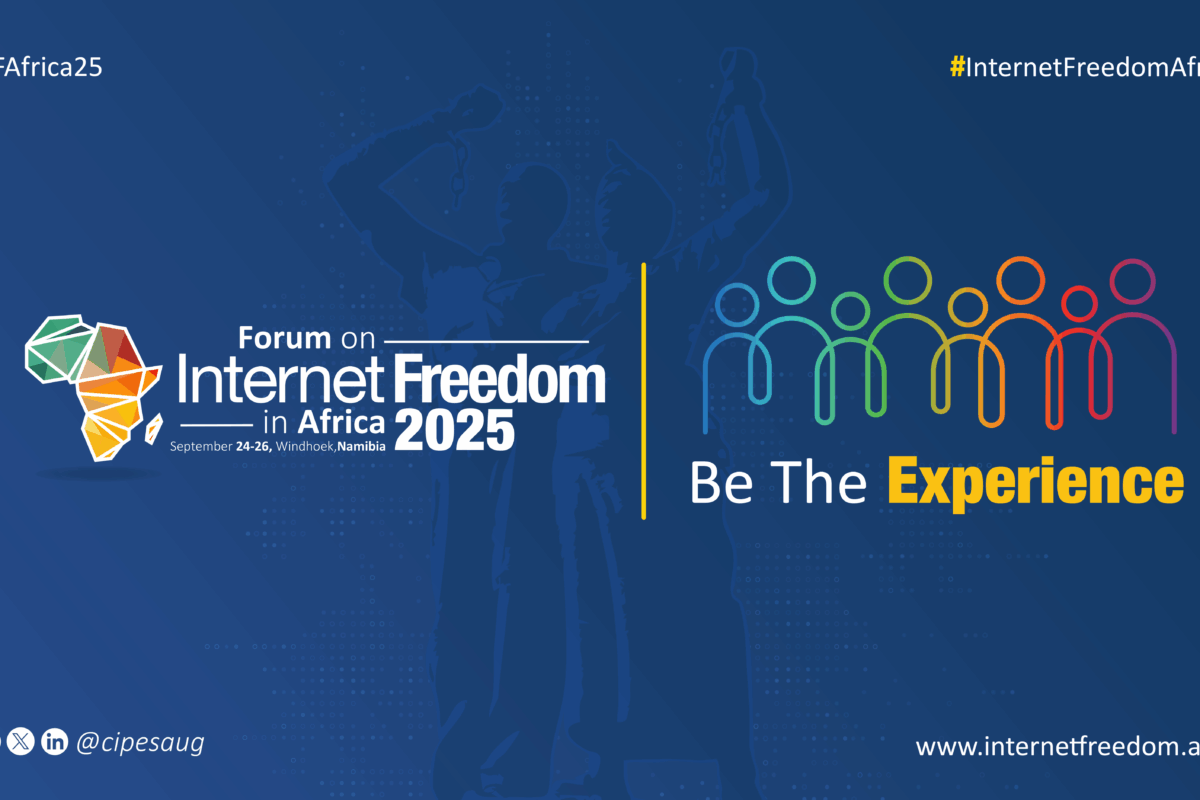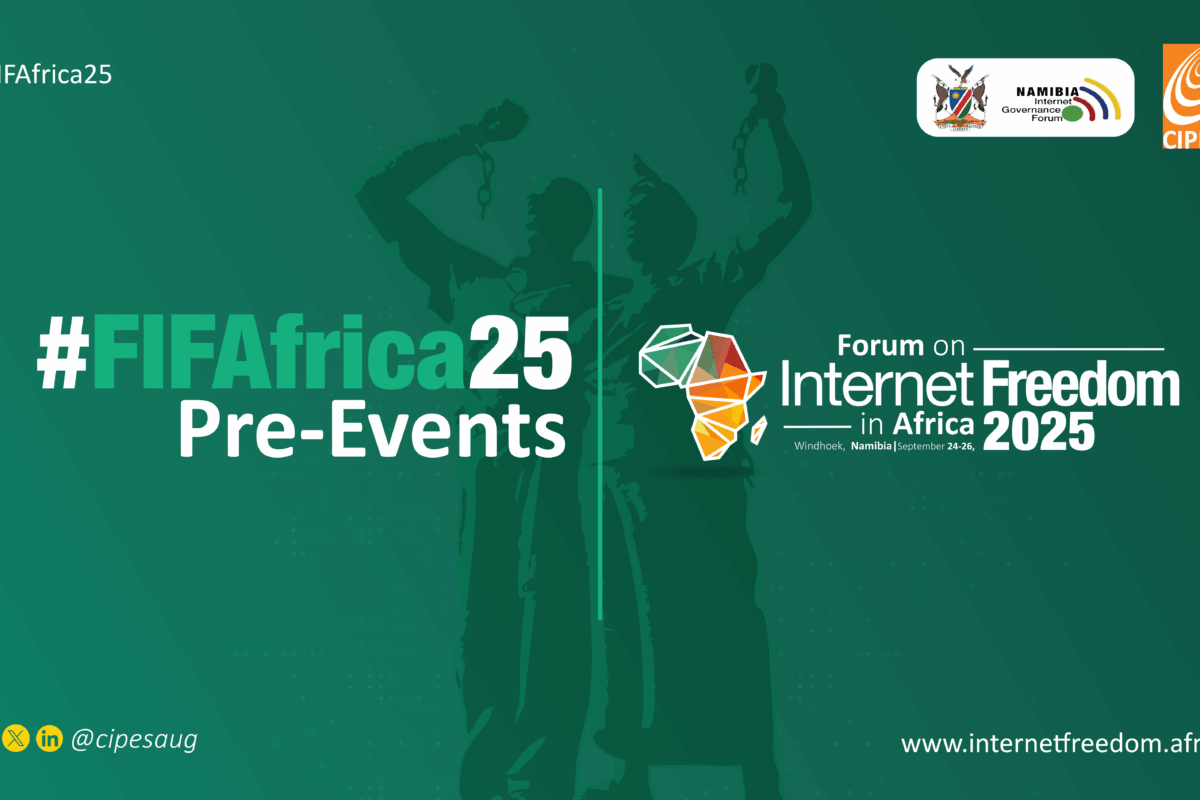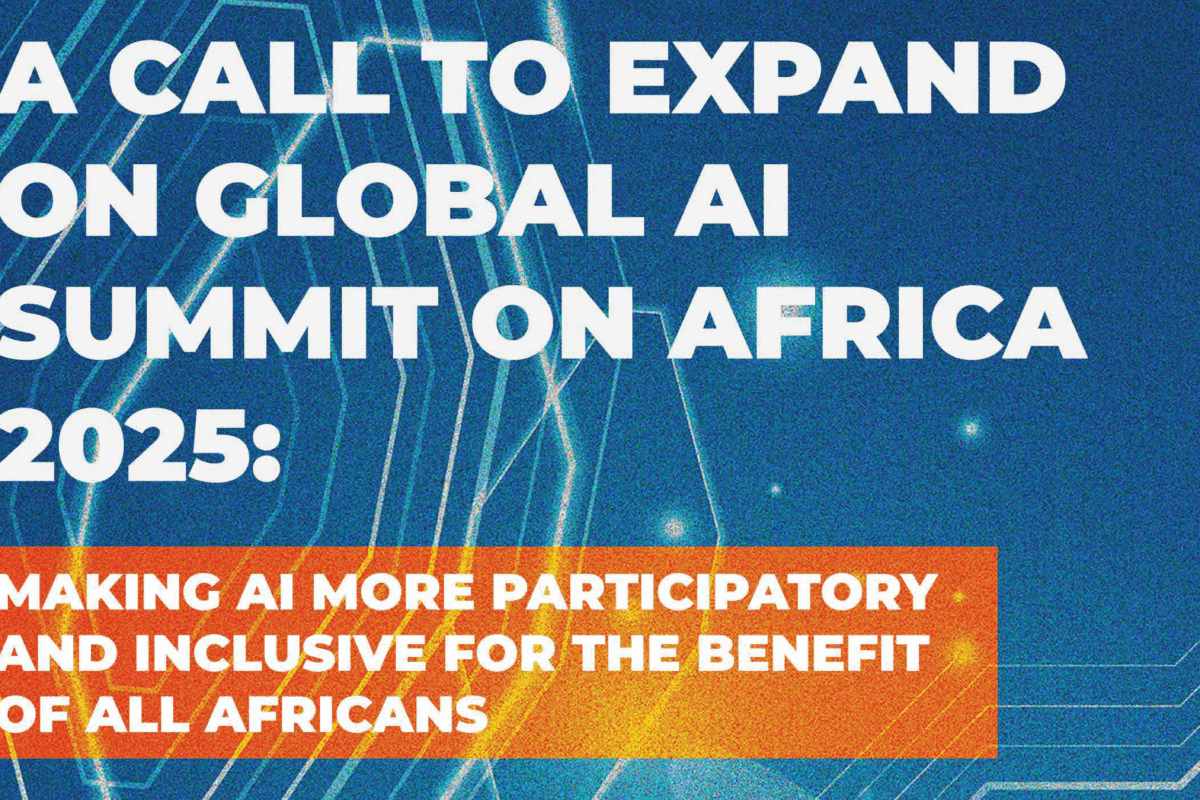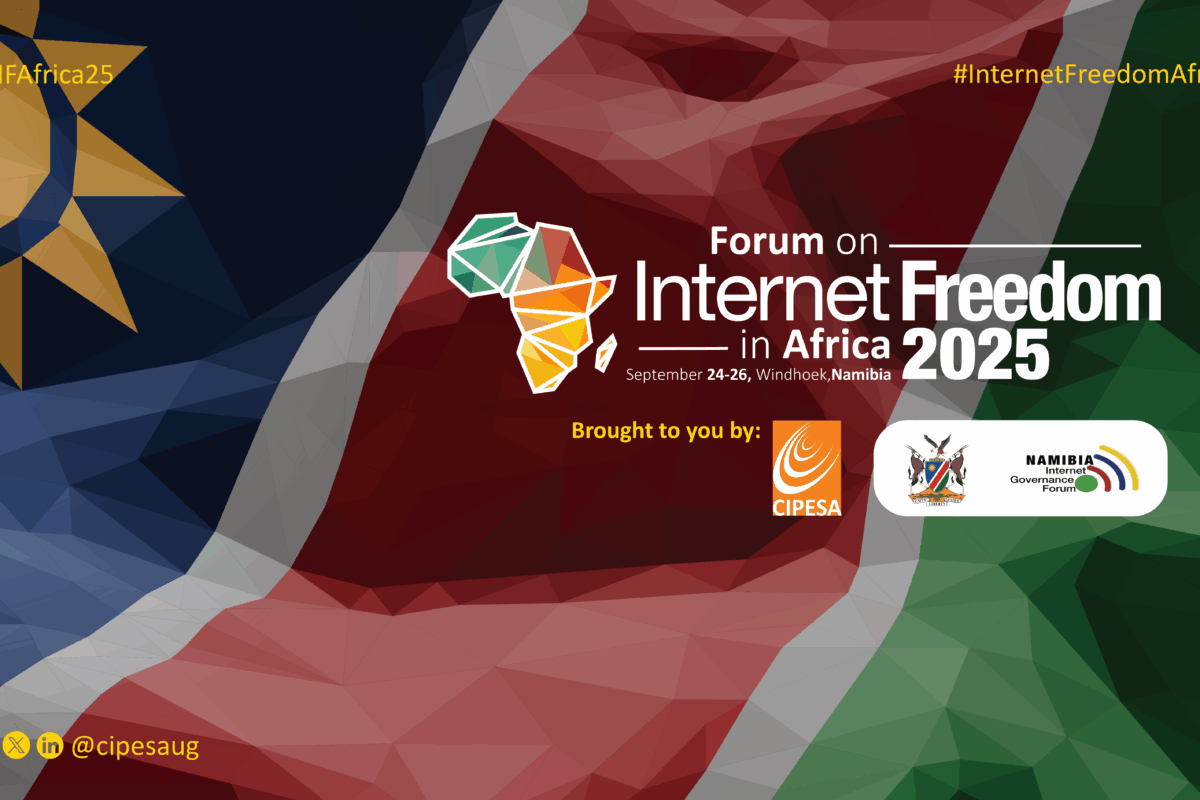FIFAfrica25 |
At the upcoming 12th edition of the Forum on Internet Freedom in Africa (FIFAfrica) set to take place on September 24-26, UNESCO in partnership with the Collaboration on International ICT Policy for East and Southern Africa (CIPESA) will host an expert consultation on addressing harmful content, disinformation and hate speech, by promoting digital inclusion through leveraging Africa’s indigenous languages.
The multi-stakeholder consultation aims to develop practical recommendations and foster collaborations to integrate African indigenous languages into digital safety, content moderation, and inclusion strategies.
The consultation seeks to recognising the UN International Decade of Indigenous Languages (2022-2032), UNESCO’s Guidelines for the Governance of Digital Platforms, and the UN Global Principles on Information Integrity. These frameworks all call for multi-stakeholder actions to ensure technology serves all communities equitably. As such, this multi-stakeholder consultation at FIFAfrica aims to bridge global principles with African realities. Discussions will explore how to shift the paradigm from viewing local and indigenous languages as a challenge for platforms to recognising them as a critical asset for building a safer and more inclusive internet for all.
The discussions will unpack the significant moderation gap facing local and Indigenous African languages by mapping the technical, resource, and data deficits in line with UNESCO’s work on fostering freedom of expression (online and offline), the participants will also provide expert inputs in strategic consultative sessions on Resolutions 620 (data), 630 (information integrity), and 631 (Public service content) by the African Commission on Human and Peoples’ Rights (ACHPR), which will take place at the Forum. that undermine effective content moderation and the development of AI tools for low-resource languages. Participants will also explore how Indigenous knowledge systems—particularly traditional methods of verification, dialogue, and conflict resolution—can strengthen community-level responses to disinformation when integrated into modern media and information literacy (MIL) programmes.
Complementing this, the conversations will focus on what it takes to build a sustainable linguistic ecosystem, including the policy interventions, funding models, and multi-stakeholder partnerships required to support the creation of digital tools and content, such as keyboards and NLP models in Indigenous languages like those supported by Masakhane. Finally, the discussions will consider how global frameworks can be adapted to Africa’s contexts to create practical, actionable pathways for technology companies and policymakers across Eastern Africa.
The consultation will comprise academics, technologists, civil society actors, and the media. CIPESA is pleased to receive the support of UNESCO at FIFAfrica, including enabling experts from Nigeria, Ghana, and South Africa to also contribute to consultations on Resolutions 620 (data), 630 (information integrity), and 631 (Public service content) by the African Commission on Human and Peoples’ Rights (ACHPR). These efforts are in line with UNESCO’s work on fostering freedom of expression, including through the. Social Media 4 Peace (SM4P) global initiative.








